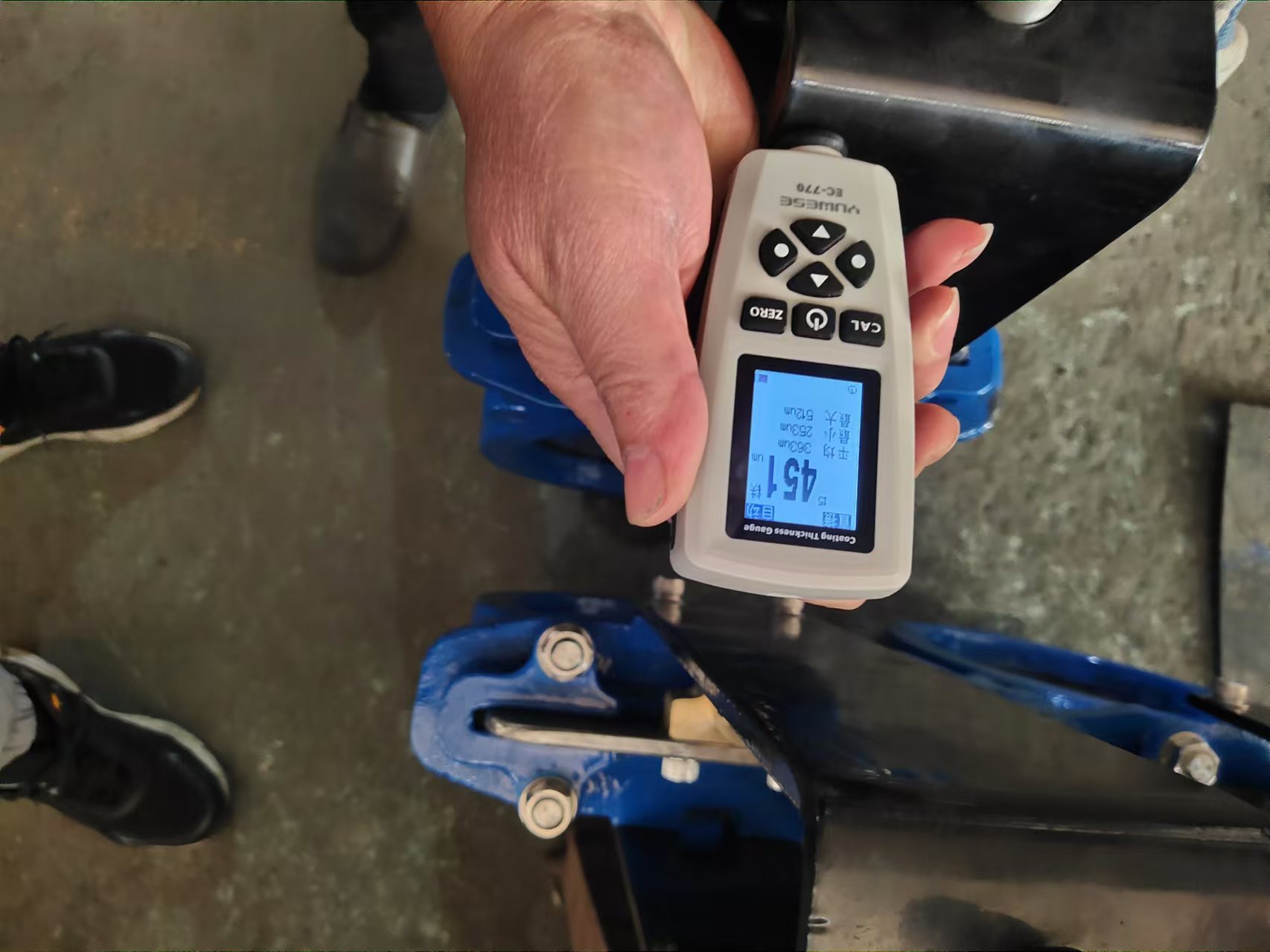The Importance of Valve Coating Thickness: Ensuring Durability and Performance
When it comes to industrial valves, the quality and longevity of the coating applied to the valve’s surface are critical factors that affect both its durability and performance. Valve coating thickness plays a vital role in protecting valves from corrosion, abrasion, and wear, which can otherwise lead to premature failure and costly downtime. In this article, we will explore why coating thickness is so important, and how it directly impacts the valve’s effectiveness in harsh environments.
What is Valve Coating Thickness?
Valve coating thickness refers to the thickness of the protective layer applied to the surface of the valve. This layer is typically made of materials like epoxy, polyurethane, or other corrosion-resistant coatings, depending on the valve’s intended application. The coating provides a barrier between the valve material and the external environment, helping to prevent corrosion, reduce friction, and protect the valve from harsh chemicals or high temperatures.
Why is Coating Thickness Important?
- Protection Against Corrosion and Erosion One of the main reasons for applying coatings to industrial valves is to protect them from corrosion and erosion. Corrosion can cause a significant reduction in the valve’s structural integrity, while erosion can lead to surface degradation and valve failure. A thicker coating creates a stronger barrier, providing better protection against both issues, particularly in aggressive environments such as chemical plants, wastewater treatment facilities, and oil and gas industries.
- Improved Longevity and Performance The thickness of the valve coating directly correlates with its ability to withstand environmental stress. A thicker coating helps valves perform for a longer period, reducing the frequency of maintenance, repairs, and replacements. This not only improves operational efficiency but also reduces the overall cost of valve ownership over time.
- Enhanced Resistance to Abrasion In many industrial applications, valves are exposed to abrasive materials such as slurries, particulates, or high-velocity fluids. A thicker coating can provide enhanced resistance to wear and tear, preventing surface damage and maintaining the valve’s sealing integrity. This is particularly important in industries such as mining, water treatment, and chemical processing, where valves are often subjected to heavy-duty conditions.
- Thermal Insulation and Heat Resistance In high-temperature applications, such as power plants or refineries, valve coatings act as a thermal insulator. A thicker coating can help improve the valve’s heat resistance, preventing the valve from overheating and ensuring optimal performance even in extreme conditions. This also reduces the risk of thermal expansion, which can affect the valve’s sealing ability and performance.
How to Measure the Ideal Coating Thickness?
Measuring the correct coating thickness is essential to ensure the protective layer is effective. Too thin a coating will not provide adequate protection, while too thick a coating can lead to complications such as improper sealing, uneven wear, or operational difficulties. The ideal coating thickness depends on factors such as the type of coating material, the environment in which the valve operates, and the specific requirements of the application.
There are various methods for measuring coating thickness, including ultrasonic testing, magnetic induction, and eddy current testing. These methods ensure that the valve’s coating is within the specified range, providing optimal protection without compromising functionality.
Choosing the Right Valve Coating for Your Application
The selection of the coating material and thickness should be based on the specific needs of the application. For example, valves in corrosive environments may require coatings made from epoxy or fluoropolymer-based materials, while valves subjected to high wear conditions might benefit from thicker polyurethane coatings. Additionally, factors such as temperature, chemical exposure, and pressure must be considered to choose the most suitable coating for the valve.

Conclusion: The Role of Coating Thickness in Valve Reliability
In summary, valve coating thickness is a crucial factor in ensuring the reliability and longevity of valves across various industries. By providing protection against corrosion, erosion, and abrasion, thicker coatings help to enhance valve performance and reduce maintenance costs. It is essential to carefully consider the ideal coating thickness based on the specific environmental conditions the valve will face, to achieve optimal protection and extend the lifespan of the valve.
Properly coated valves deliver better performance, greater durability, and ultimately, a more cost-effective solution for industrial operations. Whether in the water treatment, chemical processing, or oil and gas industries, ensuring the right coating thickness can make all the difference in maintaining seamless operations and minimizing downtime.


